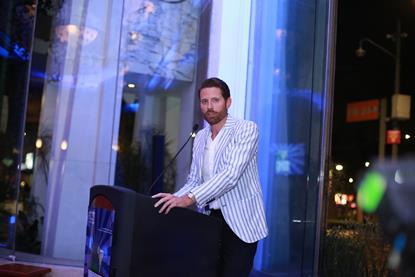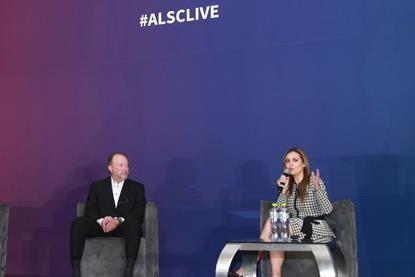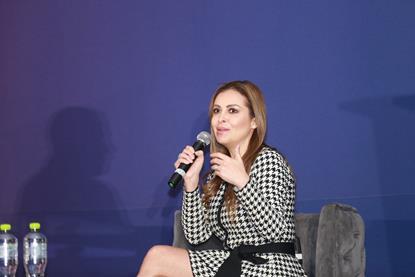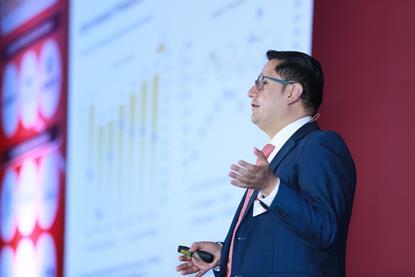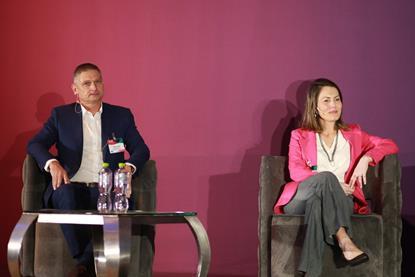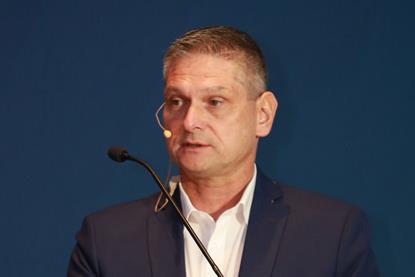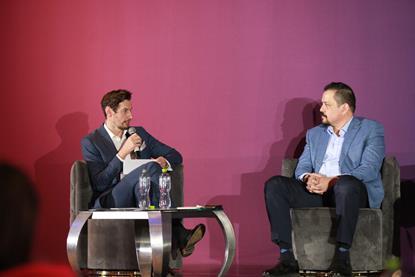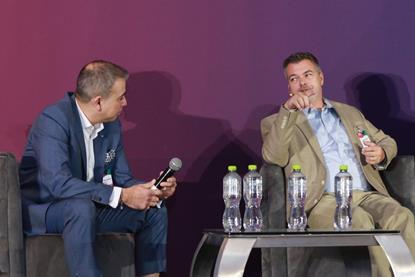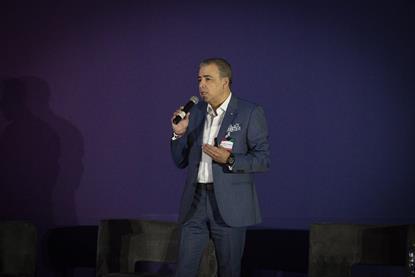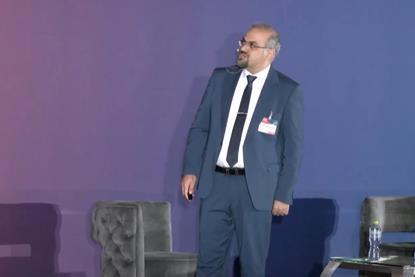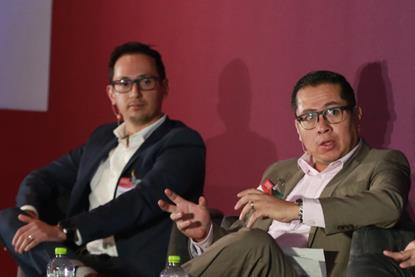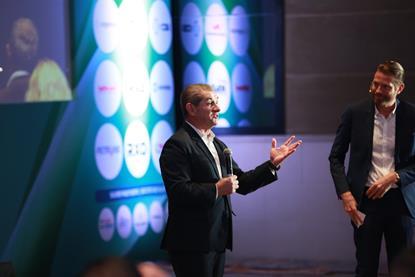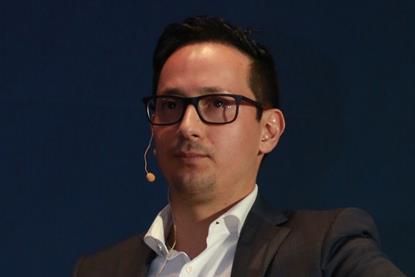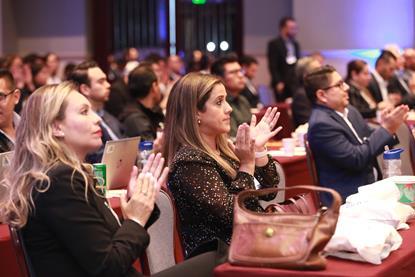
Welcome to Automotive Logistics & Supply Chain Mexico 2022!
Editor-in-Chief Christopher Ludwig kicks off the return of Automotive Logistics & Supply Chain Mexico with an overview of the challenges and opportunities for the industry in Mexico, and previews insights from leading experts including Volkswagen, Nissan, Toyota, Audi, BMW and more.
Reimagining Mexican automotive supply chains and logistics
Chris Styles at Nissan and Lizette Gracida at Toyota Motor de México join the opening panel at Automotive Logistics & Supply Chain Mexico to discuss changing policies and regulations that impact automotive supply chains.
Mexico needs a holistic energy policy – interview with Lizette Gracida, Toyota de Mexico
Toyota’s Lizette Gracida stresses the importance of the government setting a plan for Mexico to transition to clean energy and to keep in dialogue with the automotive industry on optimising trade agreements and processes.
What’s ahead for Mexico? North America production and sales outlook
Guido Vildozo at S&P Global to explore the latest global trends and drivers shaping carmaker strategies and volume targets, and how this will impact on Mexican automotive production and exports.
Stronger logistics accelerate Mexico’s recovery
Peter Koltai from Volkswagen de México details the OEM’s logistics strategy, and is joined on a panel by Continental, Hellmann Worldwide Logistics and Maersk to explore how to optimise automotive supply chain and production across Mexico.
Logistics powering growth – interview with Roberta Palacio, Contitech
Roberta Palacio explains what Continental division Contitech is doing to strengthen its logistics across North America and the role that Mexico is playing in its supply chain across the Americas.
VW partners for strong logistics in Mexico – Interview with Peter Koltai, Volkswagen de Mexico
Peter Koltai at Volkswagen de Mexico reveals how the carmaker has been managing logistics disruption in Mexico, and how its supply chain is preparing to the launch of electric vehicle production in Puebla.
In it for the long haul–mitigating logistics disruption and planning for the future
General Motors Mexico, RPM Mexico, CSI Group and KhS Global explore how carmakers such as General Motors and logistics providers are working cross functionally and collaboratively to improve finished vehicle logistics in Mexico.
Future proofing Mexico’s logistics network
Francisco Bravo Gómez, Senior Director Supply Chain at Audi Mexico demonstrates digital transformation at the OEM and is joined by experts at Cargobase, RXO and Cognosos to discuss the logistics network.
Audi’s digital culture change – interview with Francisco Bravo, Audi Mexico
Francisco Bravo Gomez at Audi Mexico explains the technology, processes and mindset changes that the carmaker is pursuing in Mexico as it transforms it further digitalises its logistics.
The future of sustainable logistics in Mexico
Professor Mostafa Hajiaghaei-Keshteli from Tecnológico de Monterrey provides insight into how industries across the country, including the automotive sector, are currently managing sustainable logistics targets, and the technology and processes they can use to develop smart, sustainable logistics.
Keeping the flow in Mexico – ensuring supply chain continuity
Ivan Davila from Nissan discusses the carmaker’s ambitions in efficiency and systems in Mexico, and is joined on a panel by American Axle Manufacturing, Ascent and Wallenius Wilhelmsen to discuss managing logistics bottlenecks and mitigating disruptions.
Supply chain planning to avoiding the next crisis in Mexico and beyond
Gerardo De La Torre Garcia describes how Nissan managed the semiconductor crisis, including how the company adapted supply, logistics and production and its impacts in Mexico and beyond. Experts from logistics providers Ryder and timematters give insights on avoiding future crises.
Nissan’s extreme flexibility in Mexico – interview with Ivan Davila, Director of Logistics at Nissan Mexico
Ivan Davila caught up with editor-in-chief Christopher Ludwig in Mexico City to discuss how Nissan has adapted processes and worked in new ways with logistics providers to improve flexibility, and to manage capacity constraints in areas like vehicle logistics.
Clean energy, flexibility, digital mindsets: conference day one in review at Automotive Logistics & Supply Chain Mexico
Mexico’s recovery depends on stronger logistics and more coordinated government policy to support clean energy, infrastructure, trade and electrification. Editor-in-chief Christopher Ludwig assesses the significance after discussions with leaders from Nissan, Toyota, Volkswagen, Audi, American Axle and more.
A sneak peak at the Gala Dinner at Club de Banqueros at Automotive Logistics & Supply Chain Mexico 2022
Take a look inside the gala reception, sponsored by time:matters, which was the perfect capstone to the first full day of conference at this year’s event.
Taking control of logistics – interview with Siegfried Jung, VP of Logistics at BMW Mexico
BMW Mexico’s head of logistics Siegfried Jung explains the surprises of working in Mexico, and points to the carmaker’s highly advanced digital control room for logistics at its plant in San Luis Potosi.

























![Global[1]](https://d3n5uof8vony13.cloudfront.net/Pictures/web/a/d/s/global1_726550.svgz)




